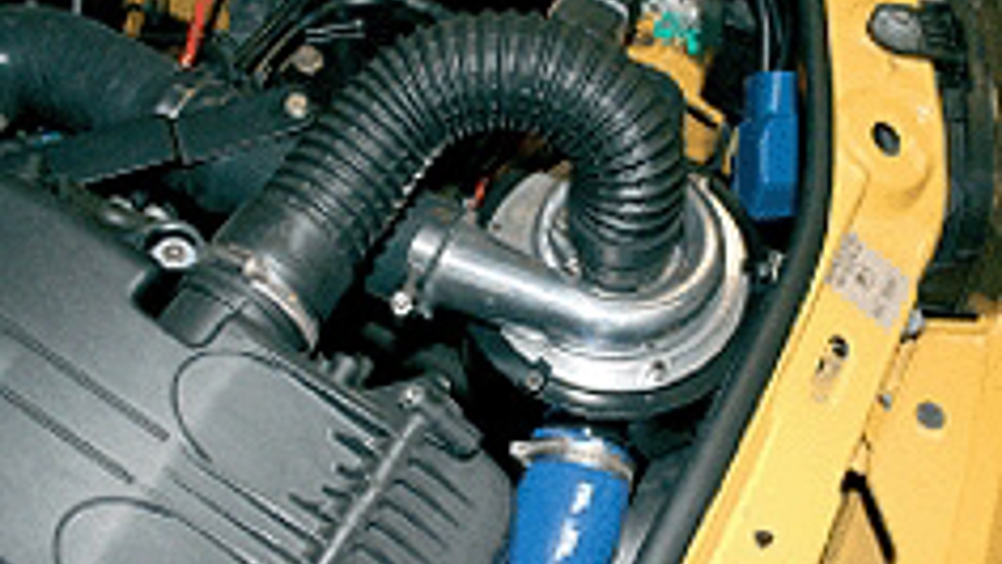LCIF invests in fuel-efficient automotive technologies
The Low Carbon Innovation Fund (LCIF), based at the University of East Anglia, has invested £400,000 in new automotive technologies designed to improve fuel efficiency and reduce carbon emissions.

Controlled Power Technologies (CPT) has developed a range of products to help car makers meet tightening legislation on CO2 emissions by making the car significantly more fuel efficient through mild electric hybridisation, without the need to redesign the car or engine.
The Essex-based specialist has a range of products currently in development, including VTES, an electric supercharger that is said to eliminate ‘turbo-lag’ — the delay between depressing the accelerator and boosting speed.
Turbo-lag is experienced by drivers of cars with less powerful engines, but fitting VTES reportedly eradicates this problem and can make a 1.2-litre car feel like a 2.0-litre car.
The technology is designed to help persuade drivers to choose cars with smaller engines, resulting in reduced fuel consumption.
It can be fitted by vehicle manufacturers to new and existing petrol and diesel cars at relatively low cost.
The product is currently being trialled by a number of car manufacturers and could be available to drivers as early as 2012.
Register now to continue reading
Thanks for visiting The Engineer. You’ve now reached your monthly limit of news stories. Register for free to unlock unlimited access to all of our news coverage, as well as premium content including opinion, in-depth features and special reports.
Benefits of registering
-
In-depth insights and coverage of key emerging trends
-
Unrestricted access to special reports throughout the year
-
Daily technology news delivered straight to your inbox










Fusion inches closer as ITER completes magnet system
I believe the purpose of ITER isn't to make usable power, it is a research project which will be used to design the first generation of actual...